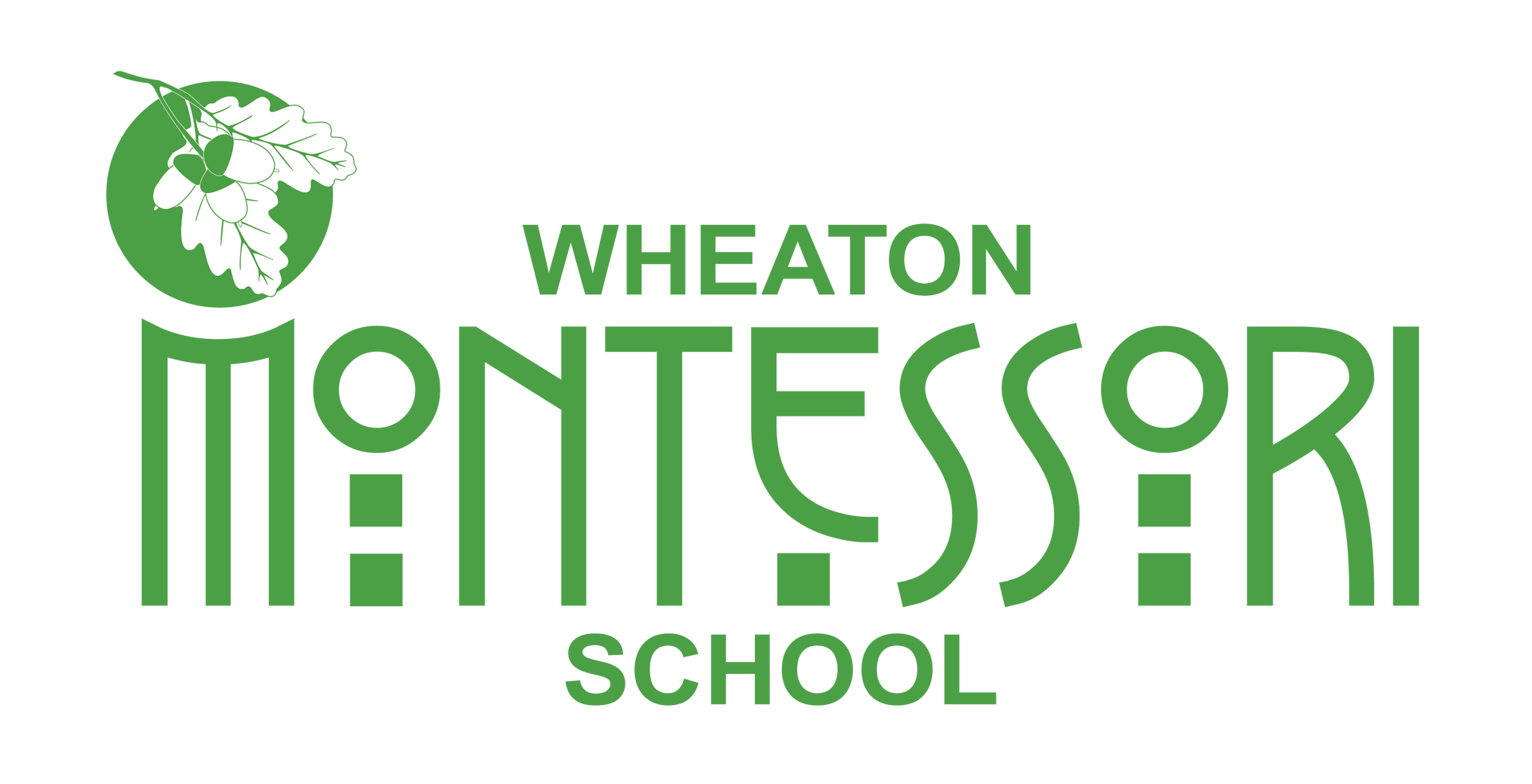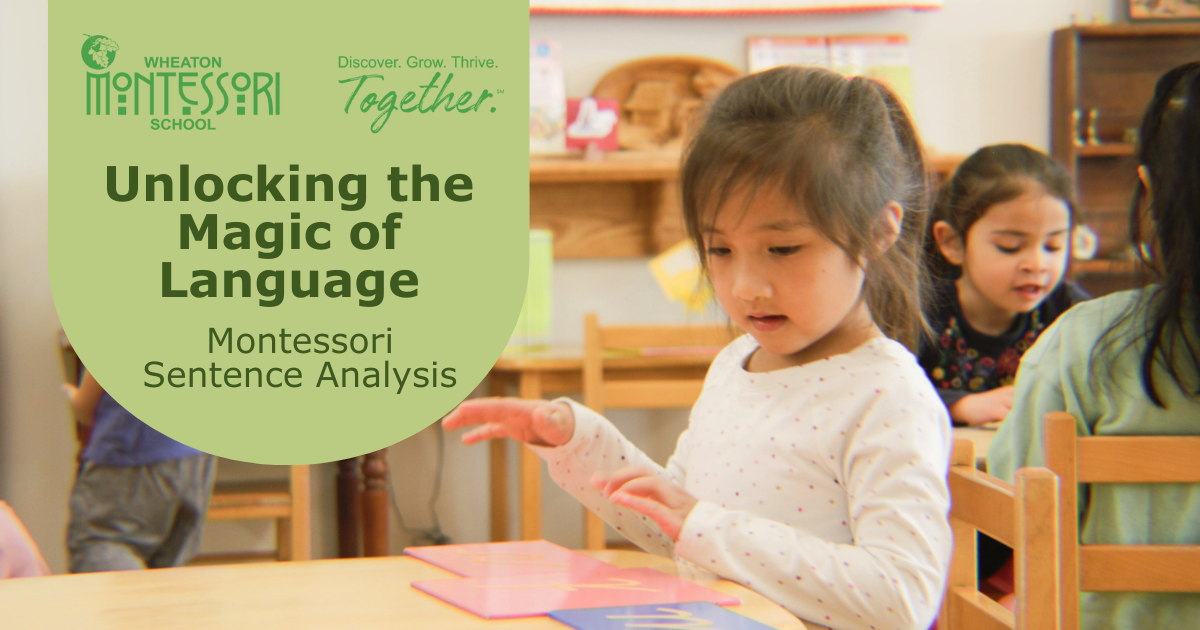
You’ve experienced the scene before. All is quiet and calm. The kids are playing outside. Maybe you are even focused on something you’ve wanted to do for a while. And the next thing you know the door slams open, and everyone comes in, teeming with frustration.
At first, you may try to piece together the details: a game, something stolen, someone who felt excluded, others defending their territory. Removed from the situation, you can probably see the dynamics at play: someone felt left out and wanted to belong but didn't know how to ask, so they do something ineffective.
Feeling Disconnected
Our children need lessons on how to use the most constructive ways to let us know their needs. Rather than say, "I feel disconnected, and I need some extra love and attention," they are more likely to hit or throw tantrums or, as they get older, say or do mean things. In our imaginary scene, a child who wanted to belong decided to take something.
In situations like this, other kids typically don’t respond well. They get defensive and usually respond with their own fury. When children retaliate, they aren’t thinking about any consequences of their actions, much less about another child's motivations! Even if we try to listen and have a conversation about what happened, children will often tend to become inflamed again.
Shifting Gears
At neutral times, it is helpful to briefly share what is happening in our brains! Ideally, we discuss this enough that in the heat of the moment, we can shift gears to say “Oh, we know what’s happening in our brains right now.” I say “we” because at this point, as a parent, I might also feel less than ideal too.
A pet reptile is an excellent option to use as an example. “So, you remember the gecko we saw at the pet store? She has a very basic response. If threatened, she has three options: to fight, to freeze, or to flee.” From there, we can explain how we all have a very reptilian part of our brain, the amygdala. When we feel threatened, we tend to go back to basic responses: fight, freeze, or flee.
Flipping Our Lid
We also have our frontal lobes, which allow us to think more logically and consider other options. Despite having a rational part of our brain, it is easy to do what Daniel Siegel has termed "flipping our lid." We can use hand gestures to explain what happens when we lose our cool,.
Again, at a neutral time, show children what this is like by representing our brain with our hand. When we curl our thumb into our palm it is like the amygdala, a primitive part of our brain essential for basic functions. The amygdala is our alarm center and responds from a place of instinct. Then we can curl our fingers over our thumb so they can represent the frontal lobes of our brain, which help us with self-control, empathy, and decision-making.
When we get upset, we can "flip our lid." Our fingers (representing our frontal lobes) fly up and are out of commission, leaving our thumb (representing our amygdala) exposed. When this happens, we tend to act from the more reptilian part of our brain. Then in the heat of the moment, we can use this signal to recognize the need to take a moment.
Getting Curious
Both models focus intensely on how our brains function. There is still a challenge: What should we do when we are intensely upset, have a flipped lid, and are during a challenging moment?
Let’s lean into a place of curiosity. What if we had a plan for when we get into these kinds of moments? What if others around us were able to do this, too? What if our communities, our governments, and our countries were able to manage flipped lids? What kind of world would we experience?
At Wheaton Montessori School, through opportunities and time to explore options together, our children tend to rise to the occasion. They might decide to use each other for support when they feel overwhelmed by feelings of anger or frustration. They might also begin to think more about others’ needs and how to help them feel more included. Our children are so capable of moving from a place of not knowing, to taking initial steps, to figuring out their own plan of action. While our children don’t need to have all the answers, we can help them carefully consider how to manage themselves in the face of challenges.
We employ a range of thoughtful strategies to support children in navigating these challenges at Wheaton Montessori School. For confronting frustration, we emphasize emotional intelligence and self-awareness. Teachers guide students through problem-solving techniques, helping them to identify their feelings and express them constructively. We create a safe space where children can voice their concerns, work through conflicts, and learn resilience. It’s individualized to offer the amount of support each student needs.
Curious to learn more about how we help children confront frustration, find successful ways to belong, and even just manage overstimulation? Visit us and see for yourself how Wheaton Montessori School helps us all grow in beautiful ways!
Current families are invited to schedule their classroom observations that open on Wednesday, October 9 by clicking on the links below.
Adolescent Community Classroom Observation
Ms. Searcy’s Upper Elementary Classroom Observation
Mrs. Fortun’s Lower Elementary Classroom Observation
Mrs. Mayhugh’s Lower Elementary Classroom Observation
Mrs. Berdick’s Primary Classroom Observation
Ms. Carr’s Primary Classroom Observation
Ms. Maria’s Primary Classroom Observation
Mrs. Rogers’s Primary Classroom Observation
Prospective families are invited to schedule a tour. During this tour, parents and children will have the opportunity to get a glimpse of our vibrant community that makes our school so special. These visits are designed to provide an in-depth understanding of Montessori education. We believe that seeing the school in action is the best way to appreciate the nurturing and dynamic environment we foster. We look forward to welcoming you and your family!


